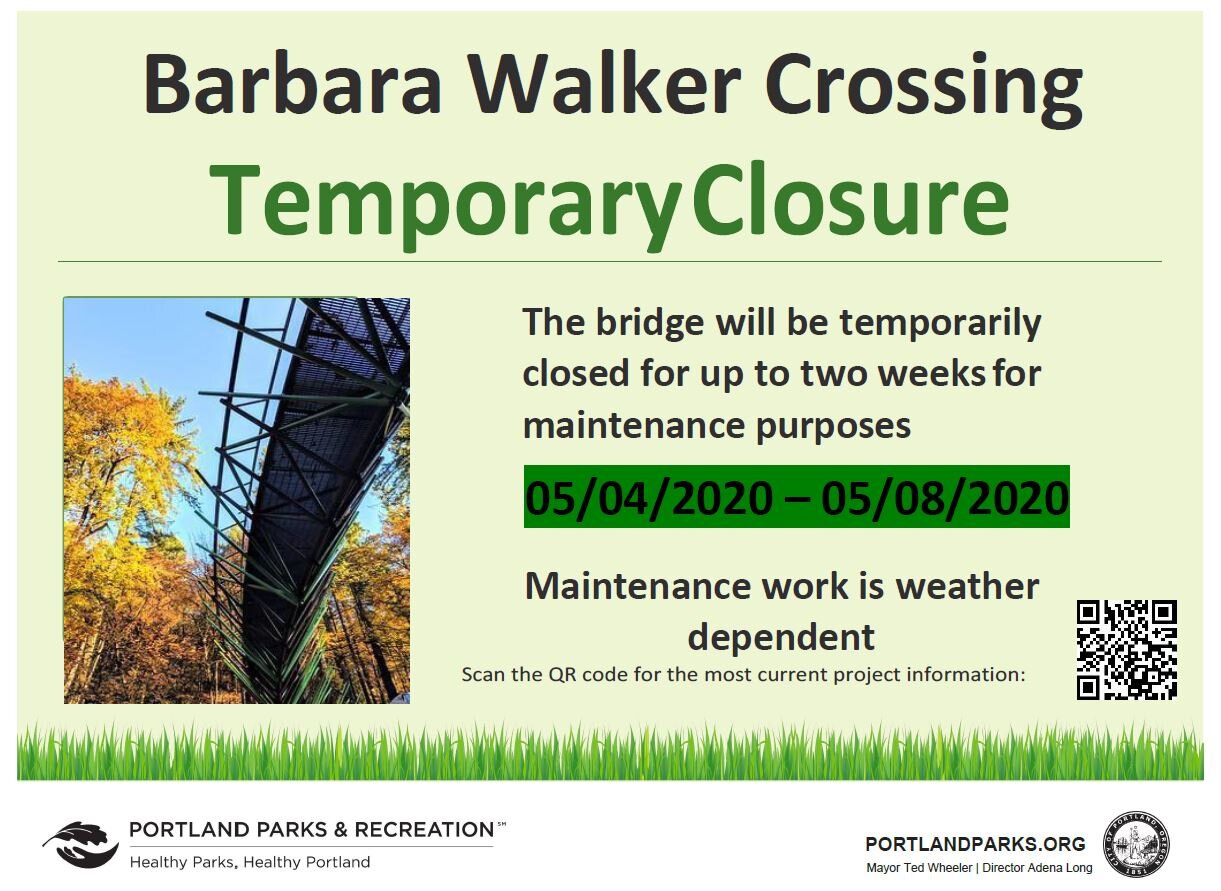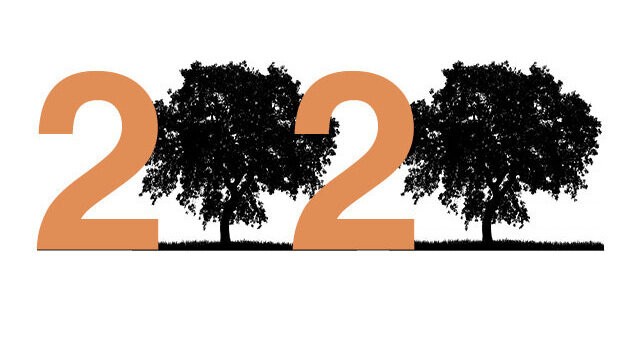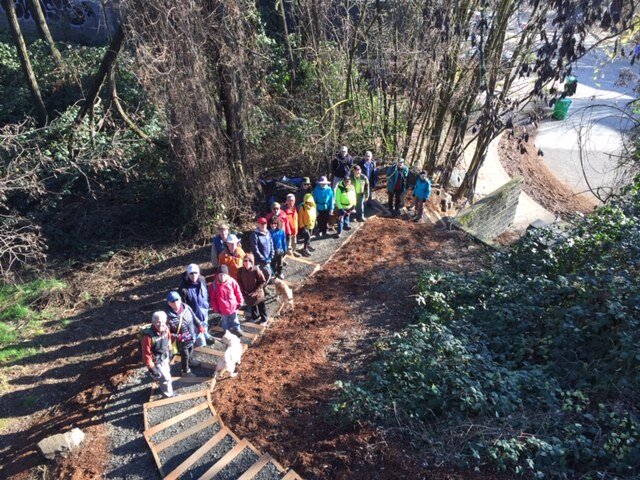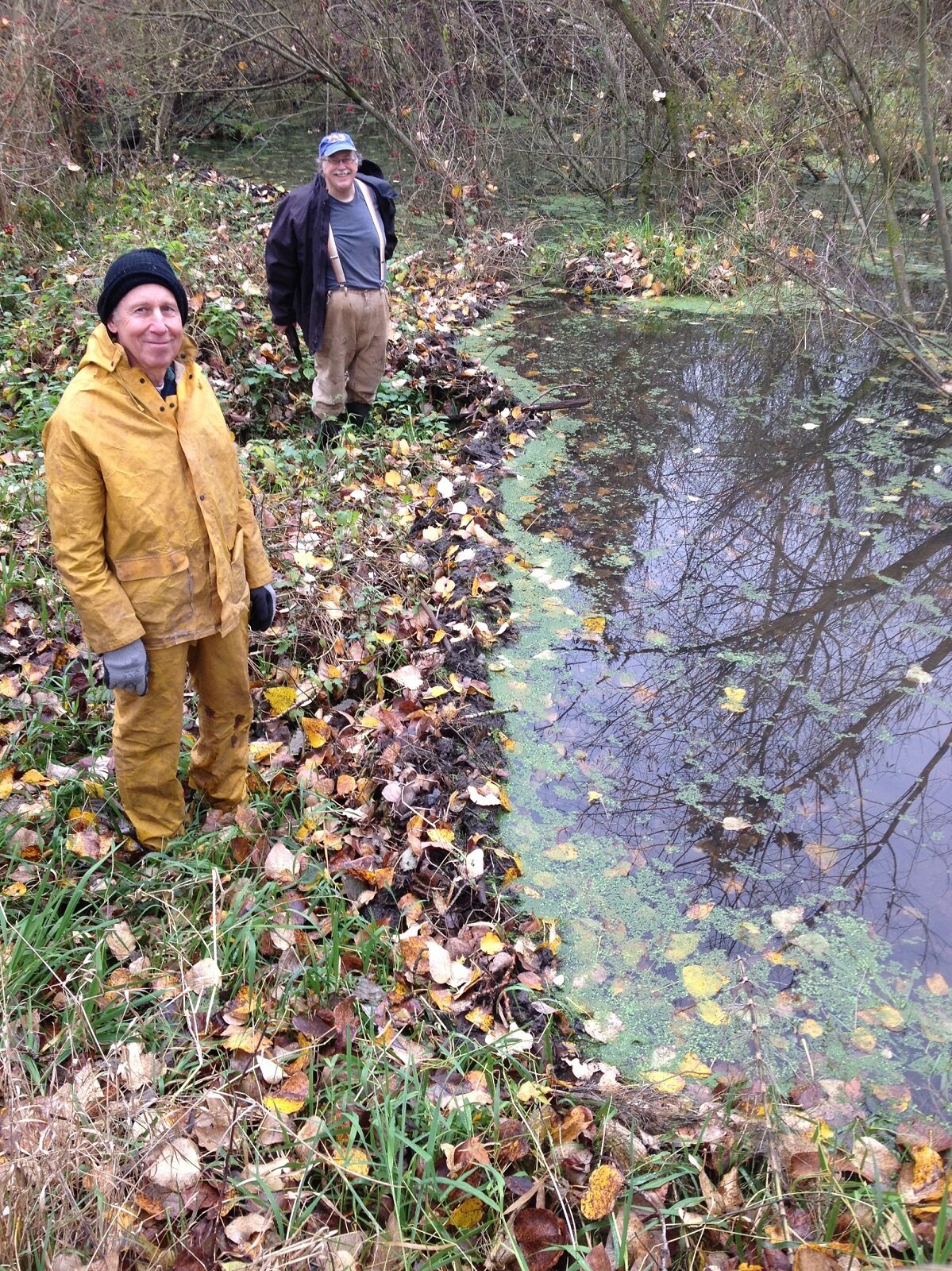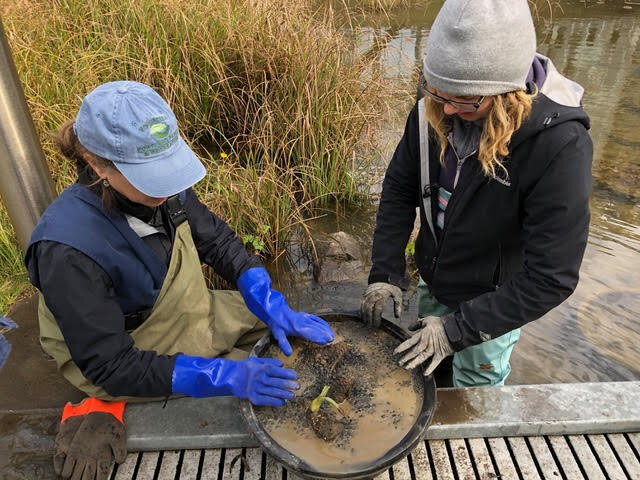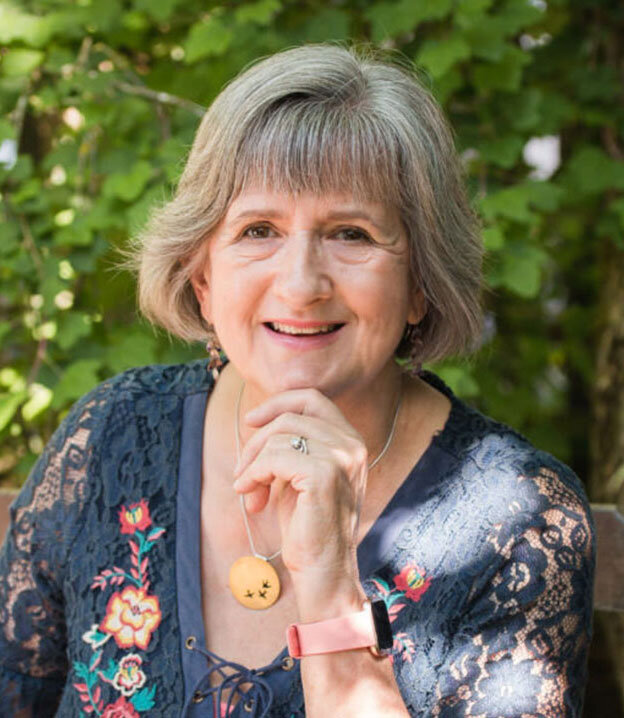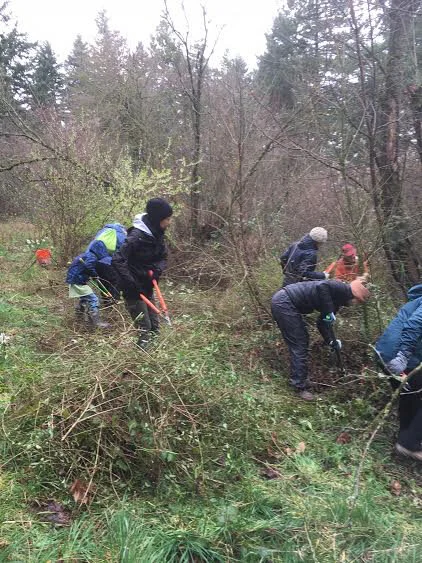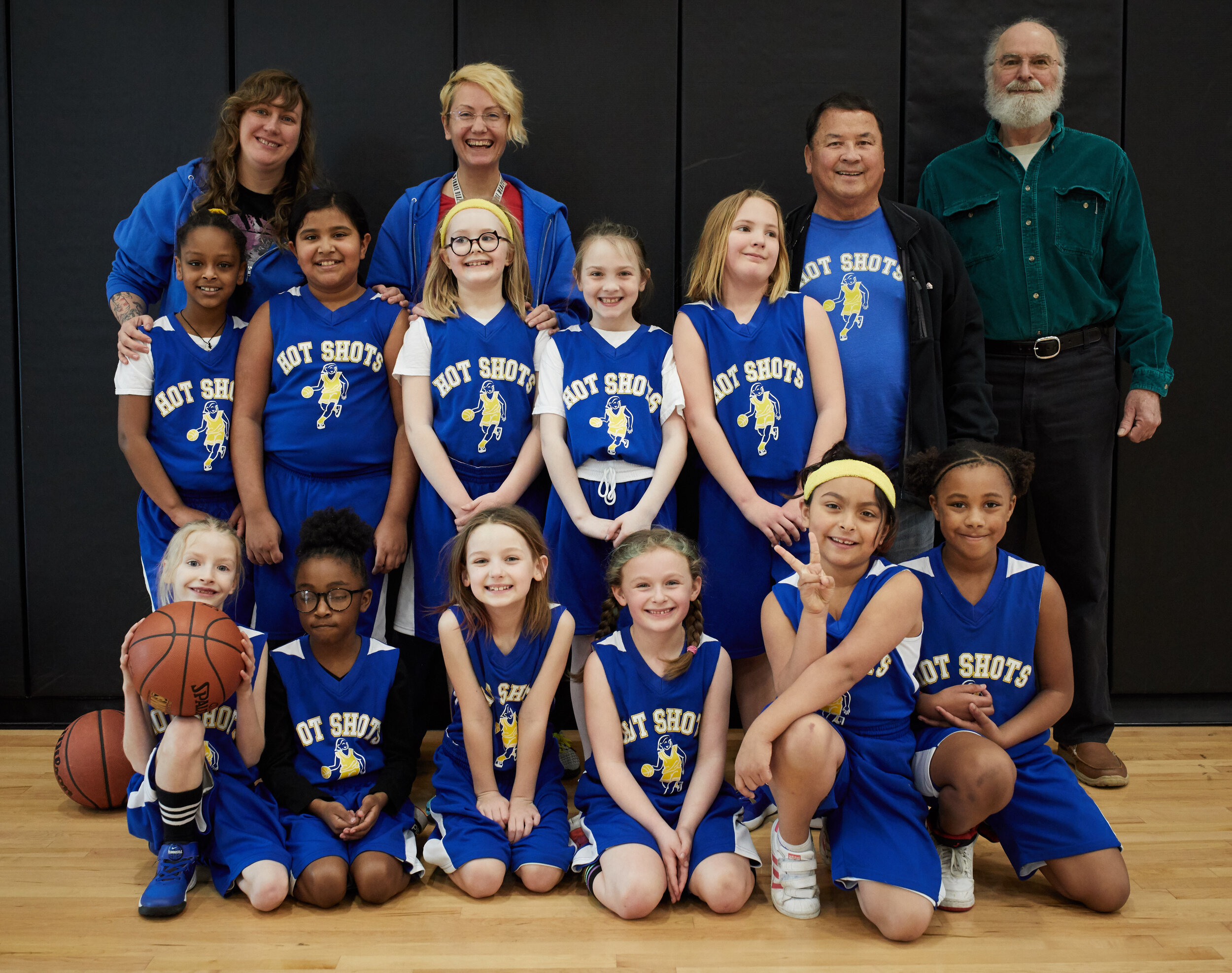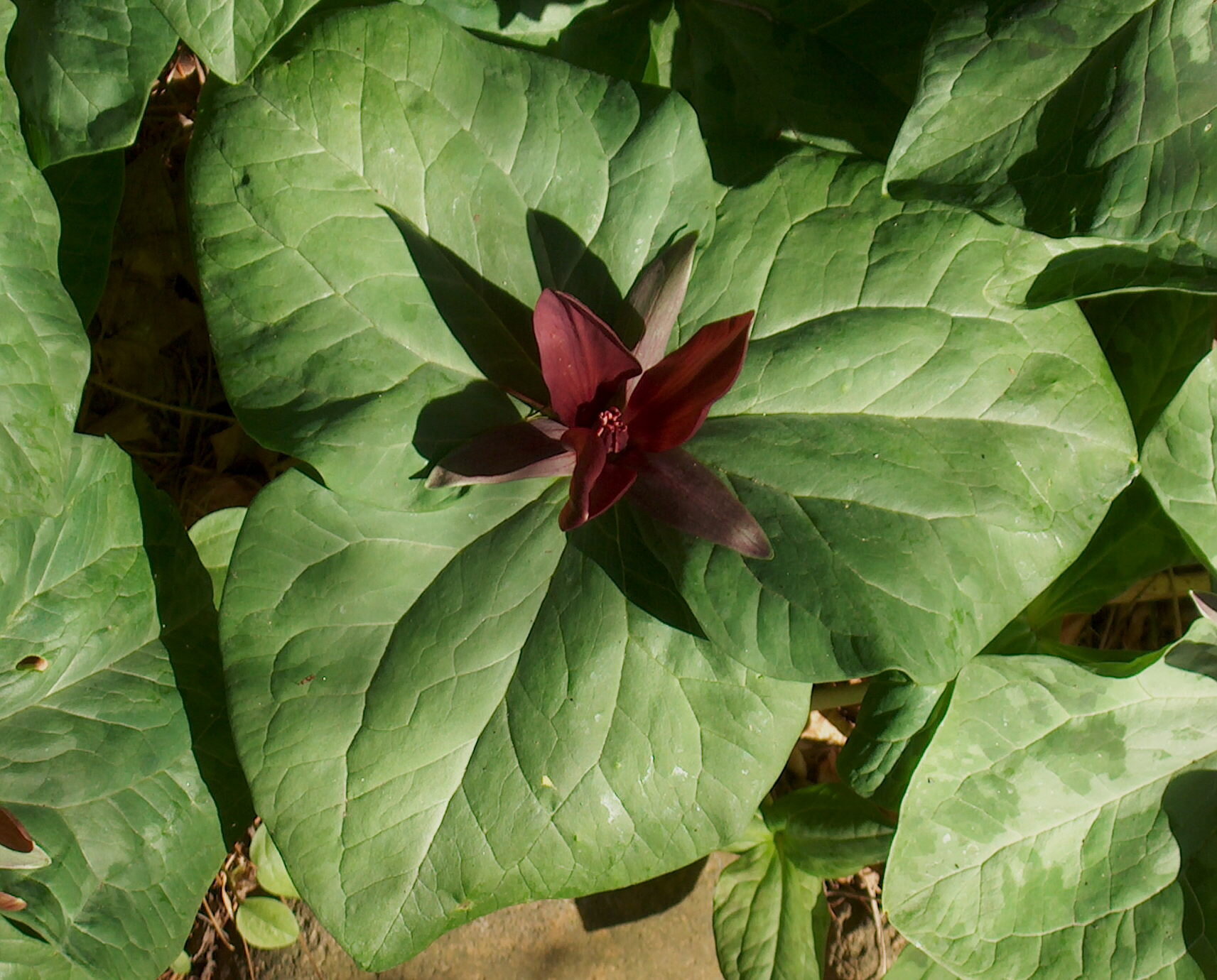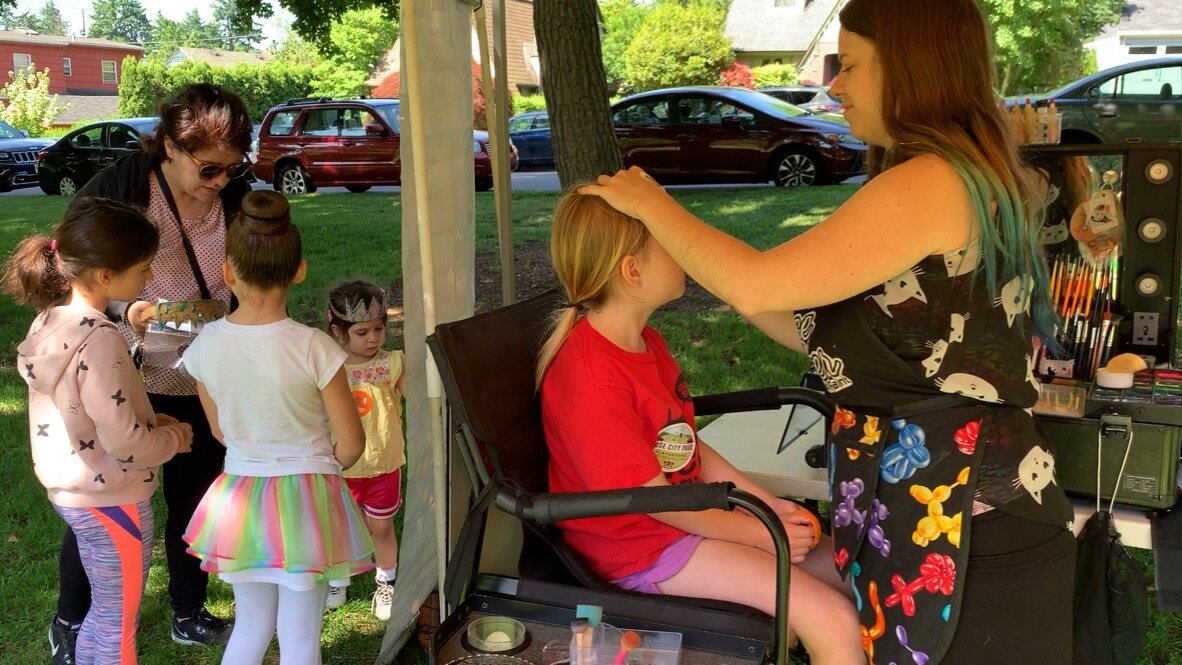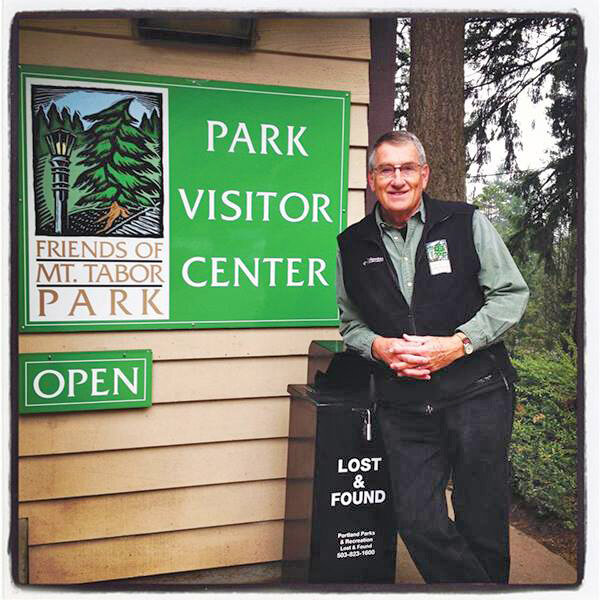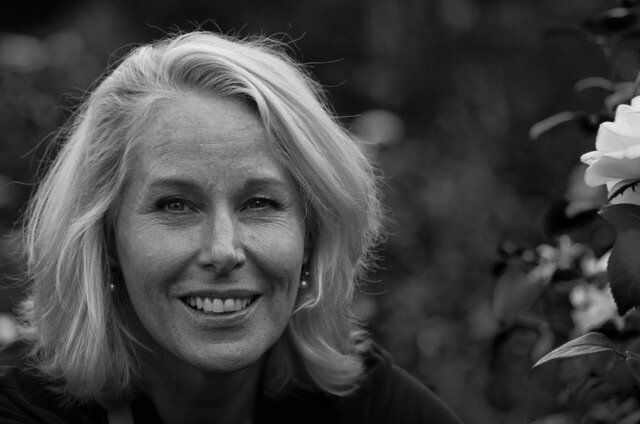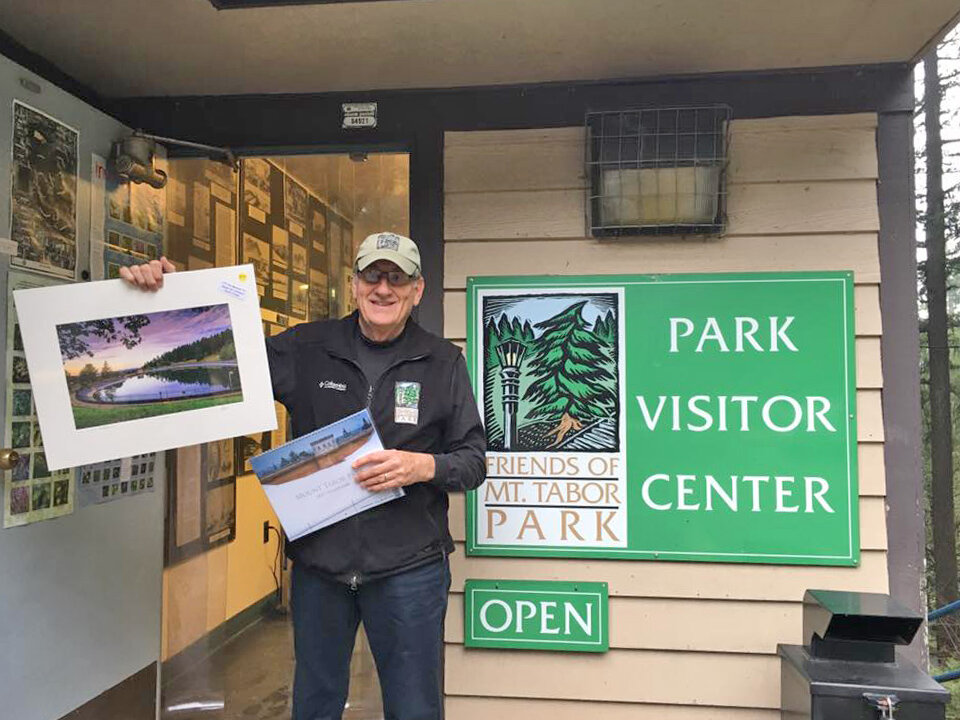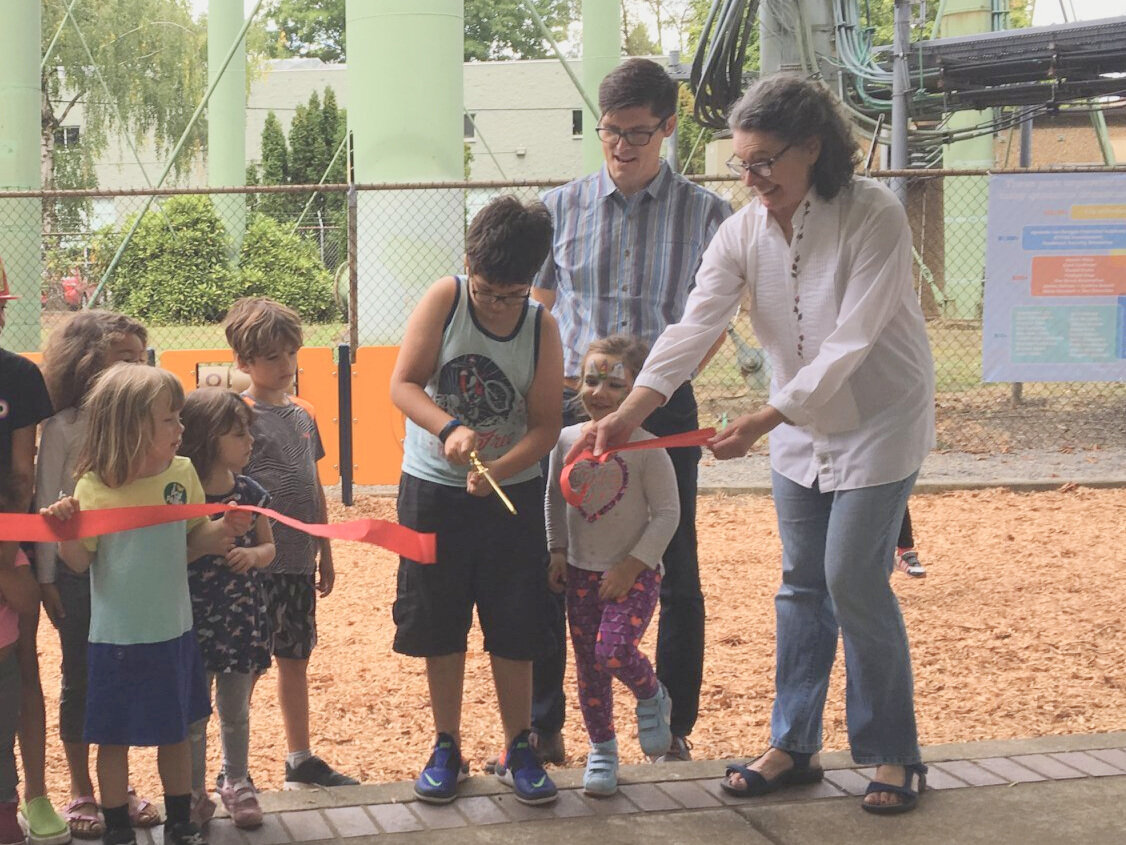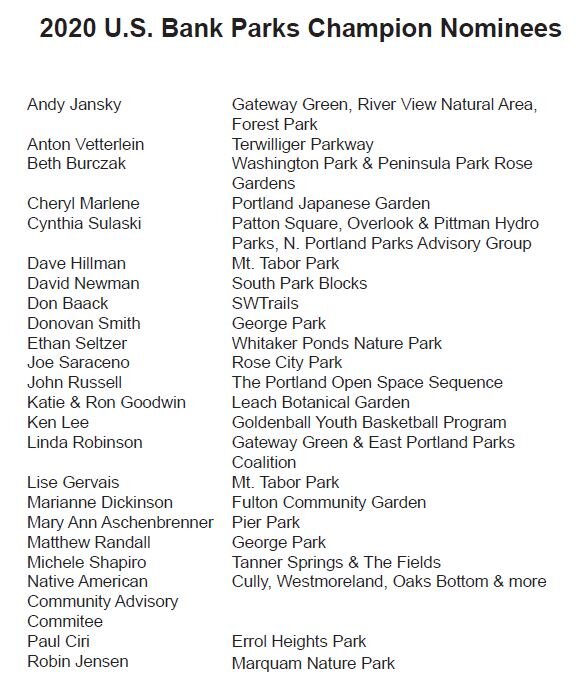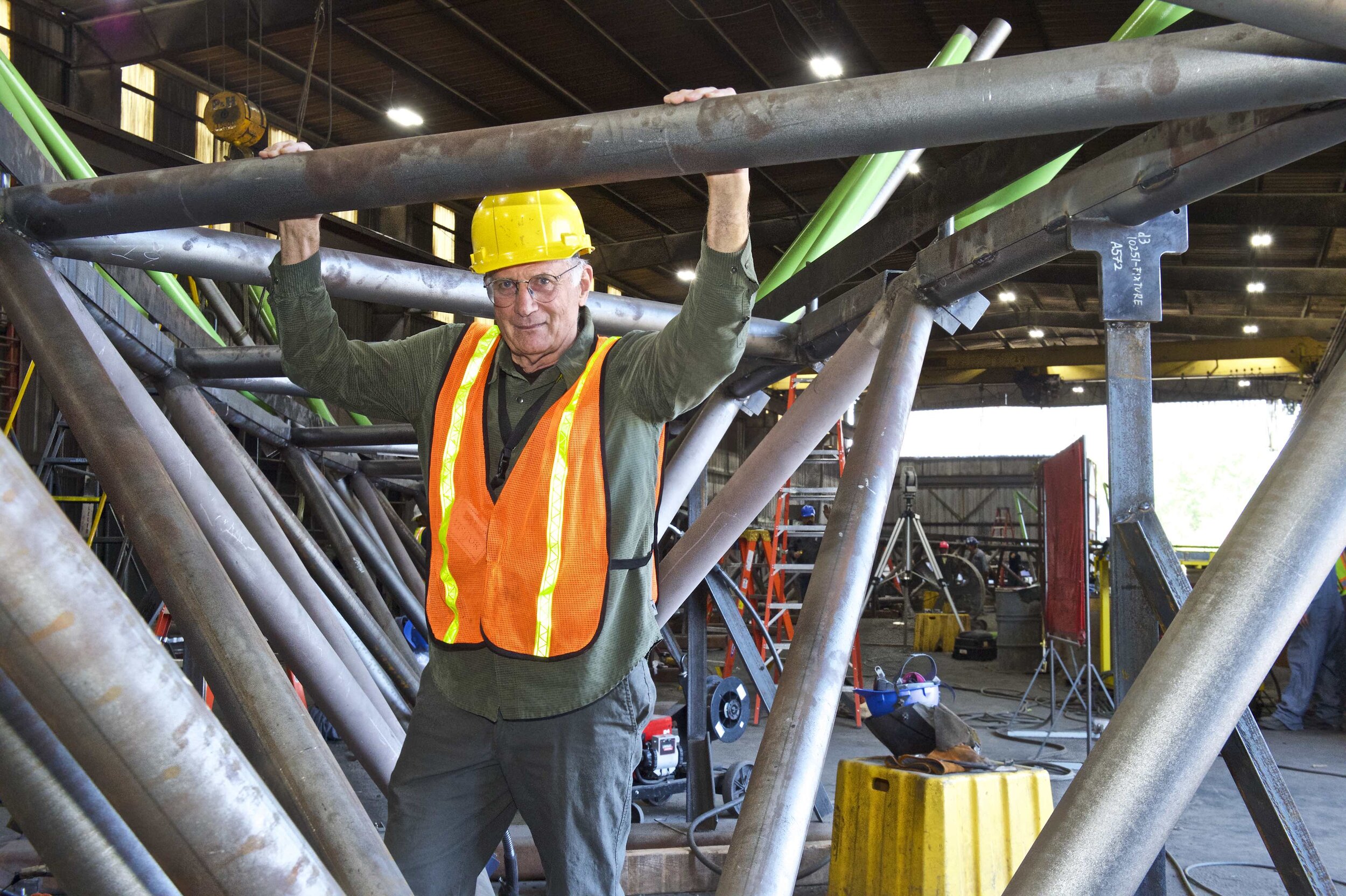Watch the video of opening day at Keller Fountain, June 23, 1970
The last time fed-up, determined, energized protesters roiled Portland for days, the Portland’s Parks Commissioner called in the police’s riot squad. Thirty-four people ended up in the hospital. And it happened just days before the ribbon-cutting of Portland’s most globally renowned public park. The year: 1970.
Today that park—Keller Fountain—turns 50 years old. Heralded in the New York Times as “the most important urban space since the Renaissance,” its resplendent waterfalls are turned off due to the pandemic. (For more information on the anniversary, go to halprinconservancy.org) But given our own moment of turmoil and change, the anniversary offers a good moment to ponder its importance and the central roles public parks and squares play in Portland’s civic life.
The recent days’ protests in support of Black Lives Matter have often begun and ended in parks. In Pioneer Courthouse Square, Indigenous people have gathered to dance and sing, and frontline health care workers in scrubs and masks have taken a knee in solidarity. Meantime, for weeks, parks have offered fresh air, nature, and the distance to see our neighbors to safely sooth the stresses of the pandemic. But as spring turned to summer in 1970, the city’s oldest park became a vicious battleground, while its newest—Keller—offered a splashing celebration of the power of new public space.
Forecourt Fountain (Keller Fountain’s first name) opened in 1970 to international renown. Ada Louise Huxtable writing in the New York Times described it as “new kind of people’s plaza” and likened to to Rome’s Trevi Fountain and Piazza Navona but with a “geologic naturalism” befitting the Pacific Northwest. But the month before the ribbon-cutting, a very different scene had unfolded in on of Portland’s oldest parks just four blocks away in response to the National Guard gunning down four Kent State University students protesting American war on Vietnam.
The Oregonian’s Douglas Perry recently recapped what became known as “Battle of the Park Blocks,” when students from Portland State University, Reed College, and Lewis & Clark College and others built nine barricades around South Park Blocks. As elsewhere across the country, the Kent State killings were the trigger. The transport of nerve gas through Oregon and the imprisonment of Black Panther Bobby Seals were others. The result: a three-park-block “liberated zone.”
As tense occupation unfolded, Mayor Terry Shrunk turned down Gov. Tom McCall’s offer to send the National Guard. But after five days, Shrunk’s protest point man, Frank Ivancie, then the Parks Commissioner, had had enough. He sent in Portland Police Bureau’s riot squad armed with clubs who quickly, brutally cleared the area. Thirty students and four police officers ended the evening in the hospital.
The next day, 3,500 people marched on City Hall—and not just students. “I want to cry,” an elderly woman protester told a film crew. “Sure, we know there are radicals . . . but, my God all mighty, when are we going to step forward and start helping?”
As tensions ebbed in days following, amazingly, strangely even, city officials proceeded with the long-planned opening of Forecourt Fountain.
The new city park was the last of four connected fountain plazas designed by Lawrence Halprin and Associates, then arguably the most renowned landscape architecture firm in the world. Inspired by natural landscapes, the first two—Lovejoy Fountain and Pettygrove Park—completed in 1966, opened Portlanders’ eyes to what public space in the middle of an otherwise pretty dreary downtown could be. Lovejoy earned a three-page pictorial in Life, “Mid-city Mountain Stream,” then, one of the nation’s preeminent magazines, circulation 13-million.
The plazas’ history is complicated. On the one hand, they were the central features of Portland’s first urban renewal area for which a 55-block, largely Jewish and Italian immigrant neighborhood was cleared. Some residents and business-owners fumed at the city. Others welcomed the opportunity to move out the district’s many decrepit firetrap apartments into some of the city’s first publicly built affordable housing. On the other hand, Lovejoy Fountain instantly swarmed with people becoming a kind of downtown swimming hole. In the months following, a grassroots movement began to turn Portland’s riverside highway into what became Tom McCall Waterfront Park. The Portland Planning Commission rejected a full-block, 12-story parking garage and called for a new park instead—what years later became Pioneer Courthouse Square.
Halprin and his wife, Anna Halprin, often collaborators, were charismatic counter-culturists. He designed everything from fountains to regional plans across the world. She choreographed the earliest “postmodern” dance, protests for free speech, and a then-groundbreaking series Black/white encounter groups to deal with racial tensions. Halprin’s lead designer on the project, Angela Danadjieva began her career designing avant garde film sets. Halprin designed the Portland plazas to be stages for a new kind of nature and theater in middle of the city. And with its 30-foot cascade of 30,000-gallons of water per minute, Forecourt was like nothing any city had built before—at least not since the Renaissance.
As officials gathered for the June 23 opening, so did a lot of students. Still tense from May’s clash, the cops looked warily on. Ironically, a dance group in bright blue tights twirled batons. Officials proudly spoke, and then the architect, Lawrence Halprin, took the microphone. “These very straight people somehow understand can be all about,” said Halprin—“straight” being the counter-culture’s label for establishment power. “So as you play in this garden, please try to remember, we’re all in this together . . . I hope this will help us live together as a community both here and all over this planet Earth.”
Halprin jumped into the fountain. So did most everyone else. People joined hands and danced.
As with the Halprin fountains, many of our parks have complicated histories. Consider Kelley Point Park: an important traditional gathering place for Indigenous people at the confluence of our two major rivers, but it’s named for a deranged early Oregon promoter who visited the state once and tried to market the site as a future lower Manhattan. Heron Lakes Golf Course and Delta Park, also grounds important to Indigenous people, were first developed as Vanport—a city housing thousands of black shipyard workers—washed away by a 1948 flood. Every June since 1970 (though canceled this year due to COVID-19), it has hosted the Delta Park Powwow, one of the region’s largest gathering of tribes.
As Portlanders lurch through history, parks change with us. And, as recent weeks—and June 23, 1970—have shown, our parks can be places for us, together, to change our city.
"as you play in this garden, please try to remember that we're all in this together" - Lawrence Halprin at the dedication of Forecourt Fountain










